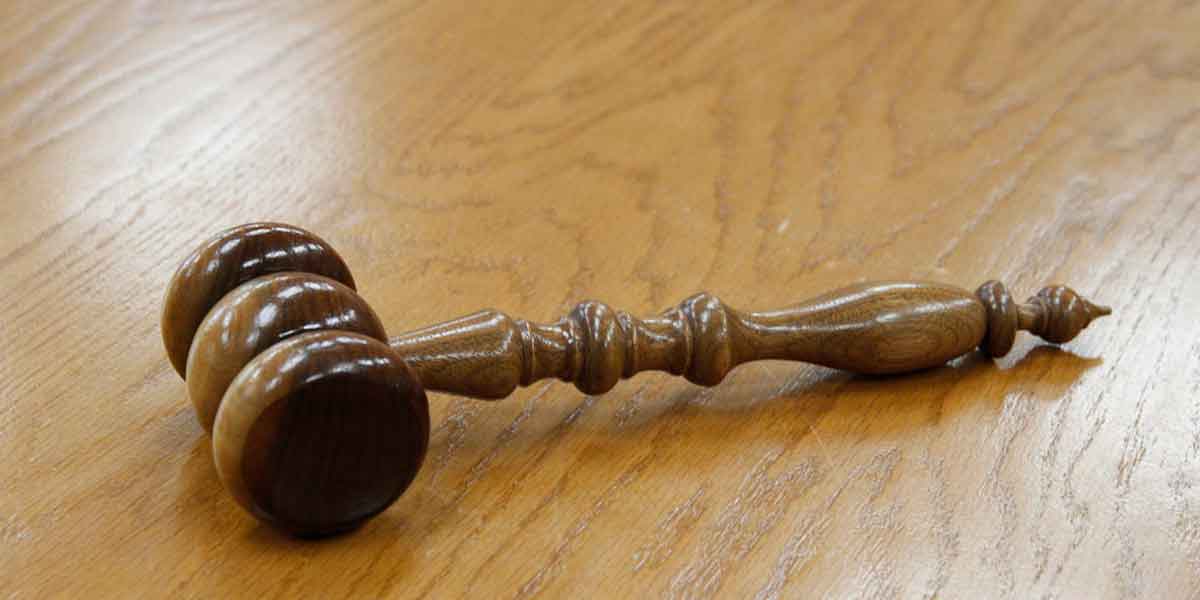When it comes to planning for the distribution of assets after death, an estate plan plays a critical role. This plan outlines an individual’s wishes and ensures that their loved ones are financially secure in the event of their passing. Marriage further emphasizes the importance of estate planning, as it brings about changes in legal and financial status for couples. Understanding the concepts of separate and shared property is essential for couples to navigate estate planning effectively.
Significance of Estate Planning
Estate planning is a comprehensive strategy that goes beyond just distributing assets. It involves tools like wills, trusts, living wills, and more to control assets, minimize taxes, and avoid legal disputes. By proactively documenting one’s wishes, individuals can ensure their financial, legal, and medical affairs are in order. Neglecting estate planning can lead to complications and legal issues down the line.
Estate Planning in the Context of Marriage
For married couples, estate planning takes on added complexity as they navigate property ownership and beneficiary designations. Differentiating between separate property (owned before marriage) and marital property (jointly owned during marriage) is crucial. Couples may opt for a Prenuptial Agreement to keep specific assets independent. Additionally, deciding whether to use the same lawyer or separate legal representation is a personal choice that can impact the estate planning process.
Joint estate planning methods like joint tenancy, community property, and tenants in common offer different ownership structures for assets. Each method has its unique implications for asset transfer and probate processes.
Pros and Cons of Joint Estate Planning
Joint tenancy can streamline asset transfer and bypass probate, saving on legal fees and potential disputes. However, joint ownership also means shared liabilities and the potential for disagreements. It’s essential for couples to carefully weigh the advantages and disadvantages of joint estate planning before making decisions.
Ultimately, seeking professional advice and evaluating individual circumstances is crucial in determining the best estate planning approach. Making informed choices can ensure that assets are managed and distributed according to one’s wishes, providing peace of mind for the future.




